Why You Lost All Your Friends When You Got Sober and How to Be Okay With It
Recovery can feel like stepping into a completely different world—one where the old habits, old friends, and even your old self no longer fit. Losing those connections, especially people who once felt like family members, can leave you questioning everything. Today we are talking about why you lost all your friends when you got sober and how to be okay with it.
For many of us, our social life revolved around substance use disorder, whether it was alcohol consumption, drug use, or other forms of active addiction.
When you decide to embrace a sober lifestyle, the risk of relapse often means creating distance from those you once called close friends. It can also play out as it did for me, where those who once mattered so much to you are turning their backs on you, and we will get into it all so keep reading,. It’s a hard time, no doubt, but it’s also a chance to create something better.
“Not everyone is meant to walk every mile with you. Moving forward often means leaving behind those who were only meant to be part of your past chapters.”
-Alice Walker
and we will get into it all so keep reading,. It’s a hard time, no doubt, but it’s also a chance to create something better.
The good news? This isn’t just about walking away from bad people—it’s about walking toward a life filled with good friends, supportive relationships, and a recovery journey that feels truly meaningful. Let’s explore how to heal, thrive, and build a support network that helps you live your best sober life.
Why It Happens
When substance abuse ruled our lives, our social circle was often shaped by the drinking problem or drug use that bound us together. That group of friends, as much as they seemed like good friends when you were using and selling drugs, likely shared behaviors that made your mental health issues worse.
Now, in sobriety, you realize that many of these relationships were built on a shaky foundation. These weren’t true friends—they were druggie buddies, those were the people who supported your active addiction. As you take the first step into a new sober life, it’s important to recognize that separating yourself from those influences is the best thing you can do to achieve long-term recovery. However, if you do not separate, I can tell you firsthand that chances are they will fall out of your life with quickness because you no longer align.
When I got sober, I had a few friends hanging on. They were getting sober, too, so it was convenient. I thought they were my real friends, but now I know better. None of my using friends were real friends, and I found that out when I purchased my home. Thats when the remaining clingers fell off, and it took me awhile to figure it out. My life was so chaotic and crazy for so long that it wasnt to hard to look good when standing next to the chick that goes to jail and then goes to jail jail and so on.
Aside from telling me it could never happen people didn’t know what to do with my success. They only knew they didn’t like it. They definitely werent going to keep willingly checking it out, so they stopped coming around. I am going to keep it 100 with you right now. I don’t have a friend in the world outside of my best friend who is locked up and I have never in life been happier or healthier. I have no drama. I have nobody draining my light.
I have nobodies kids I have to be worried about, and until I do find my real tribe- this is okay. You need this alone time when in the midst of a spiritual awakening. It’s neccessary. I do miss the connection and I am lonely considering the my family is in bed by 830 every night and my insomniac ass is alone from then on, but it helps to think back of all of the ways I was held back by people telling me I couldnt do something. This is why I keep proving them all wrong.
Related Reading
How It Feels
It’s a hard time, no question. Brutal actually. The biggest fear for many people in recovery is loneliness. Losing friends, even bad people, can feel like losing a part of yourself. You might start spending time alone more than ever before, questioning whether you’ll ever find trusted friends or a new group of people who understand your journey.
It’s normal to feel this way. During my own recovery, I had a difficult time accepting that my old friends were no longer part of my future. The psychological addiction to the social events, the rituals, and even the chaotic fun we had was as hard to let go of as the substances themselves.
How It Changes You
The good thing about losing those old connections is that it clears space for new friends who support your sober lifestyle and share your values, though I have yet to find mine. I have faith that they are searching for me as I search for them.
You learn to set healthy boundaries, rebuild your support network, and find joy in sober activities that align with your new path. Boundaries was a huge one for me. I sold drugs for almost twenty years, and when I began my recovery, I noticed a few things.
I have always been someone that will give the shirt off my back to help someone. I care about being a good person, and I am a giver. NObody leaves my house empty jhamded. I’m always making up care packs or sending carepacks to girls from jail who didn’t have much. I still do this. I noticed that I was giving to people because I thought it would make them keep me around. This was a deeply sub-consciouss thing but once I began calling myself on it I have been better. I have also become self-aware and I never believed I was worth self-awareness in the past, so this is good too.
Letting go of your old friends teaches you resilience. You begin to recognize the main benefits of sobriety—clearer thinking, better relationships, and a stronger connection with yourself. Over time, your new social group will reflect your growth, and you’ll realize how much better life can be when surrounded by great people who genuinely care about your success.
Healing and Rebuilding Yourself
Accept the Grief
Walking away from a group of friends—even one tied to alcohol addiction or substance use disorder—can feel like mourning a loss. It’s okay to grieve. In fact, it’s necessary. Give yourself permission to feel the emotions, whether it’s sadness, anger, or even relief.
Journaling, talking to a trusted friend, or seeking professional help through therapy can help you navigate this emotional terrain. Remember, grieving your old friends doesn’t mean you regret your choice; it means you’re human.
Reconnect With Your Values
Recovery is a chance to realign with what matters most. Spend much time reflecting on your passions, goals, and priorities. Are there new hobbies you’ve always wanted to try? Maybe you’ve been curious about joining a book club, exploring coffee shops, or trying a great idea like taking a painting class.
Maybe you are like me and you wanted to help people on a larger scale and you been thinking about starting a blog. Do it. I will help in any way I am able, but know that blogging is one of the most challenging things I have ever done. Its hard and I love it. I love being challenged, an teaching myself as I go. We truly can do ANYTHING!
These activities not only help you reconnect with yourself but also introduce you to new people who share your interests. Over time, you’ll start to rebuild a support system based on shared values and mutual respect.
Learn to Enjoy Your Own Company
Learning to enjoy solitude is one of the important things in recovery. I struggle so much with this one. I think it has to do with all of the “hole” time I did over the years at “finishing school.” I still have trouble, but meditation and other spiritual practices have helped me so much.
Remember, it’s time to heal, grow, and focus on what brings you joy. What makes your heart sing? Do you know? I didn’t know—no shame in not knowing. The shame lies in not figuring it out ASAP. Try engaging in sober activities like hiking, yoga, or even seeing a movie at a movie theater.
Being alone doesn’t mean being lonely—it’s an opportunity to rediscover who you are without the influence of toxic people and environments.
Building A Thriving New Social Life
Join Supportive Communities
If you’re like me and have never succeeded in recovery until you stopped ‘stepping’ and deviated, then supportive communities will almost always elicit an exaggerated eye roll. Sorry, Steppers, but everyone has their own paths, and though I do respect them all, not all have worked for me.
One of my goals when I created this blog was to build a supportive community, unlike the rest. I envision a place where there is no judgment, but for real, and where you can give support on Saturday, get support on Sunday, and so much more.
I noticed that most addiction recovery blogs have paid memberships, and I know better. We all know that addiction is one of life’s hardest obstacles, and getting sober is even more difficult, but I am here to tell you that so is trying to start a supportive online community. Omg- so so hard. My forums are a ghost town.
This is why we should build our own community. You should support my mission and get in on the fun. Go ahead and register here, and you can access the forums here. Start a conversation. I can’t tell you how much it means to me. I am working hard daily, planning on how to bring members as much value as possible. I won’t give up until all options are exhausted.
Embrace Lifestyle Changes
One of the top reasons people relapse is a lack of connection. Joining groups and networking can help you build a support network of sober people who understand your journey. I know for me; this is another exaggerated eye roll.
I was always a social butterfly. Yeah, not so much anymore. I want to have a network and real friends, but I have nothing left between my kids and this blog. Maybe someday, my tribe will fall right into my lap. Here’s hoping.
Look for great places like libraries, community centers, rec centers, recovery clubs, book clubs, or online forums to meet great people and expand your social circle. You can get a good start here.
Get Involved in the Cause
One of the things that has helped me tremendously is helping others struggling with addiction/ mental health issues. I started volunteering for the SafeSpot Overdose Prevention Helpline in June 2022, and I can’t tell you how much that little slice of giving back has done for me.
I like to say, “Helping others helps me.” Helping others isn’t just about lifting them up—it’s about building a bridge that connects kindness, understanding, and the shared strength that makes us all better together.
Kindness always brings people together. Give kindness and understanding freely and know that it WILL come back to you. Contribute to harm reduction awareness online or even start your own campaign.
Start Contributing to the Convo
This one isn’t only about the cause. It’s also about you. Share your story. Look at where you are and what you have survived. You are doing it, and as much as sharing your story will help others, it can also be extremely therapeutic for you.
If you are ready to do this, click here, and I will publish your story or your original work on our Unheard Voices page. Answer addiction questions and share your experiences in Quora or Reddit. It helps a lot. There is no feeling like the feeling of helping another person when they need it.
Embrace an Altruistic Attitude
How It Helped Me
When I first discovered the Law of Attraction, I began to understand how much energy I was putting out into the world—and how little of it was positive. It made me reflect deeply on how I could change that. I decided to start small, almost hesitantly, by simply smiling at strangers.
It felt strange at first, but the reactions I received—a smile back, a nod, even just a moment of eye contact—began to show me the power of giving. Those small acts of kindness grew into a mindset of altruism that not only helped others but profoundly transformed my recovery. It showed me firsthand the power behind the energy we exude and it is a beautiful thing.
Why You Should Do It
Adopting an altruistic mindset can be a game-changer for anyone in recovery. The Law of Attraction teaches us that like attracts like—when you put kindness and positivity into the world, it has a way of coming back to you tenfold. But beyond the spiritual benefits, there are practical, proven ways altruism helps:
- Improved Mental Health: Acts of kindness have been shown to reduce stress, lower anxiety, and boost happiness levels.
- Stronger Social Connections: Helping others naturally creates opportunities to meet and bond with like-minded individuals.
- Reduced Cravings: Focusing on others distracts from the pull of old habits, helping you stay grounded in your recovery.
- Sense of Purpose: Giving back reminds you that your life has meaning and that your recovery is a gift—not just to you but to others.
How to Start Small
If the idea of altruism feels overwhelming, start where I did: small and simple. Every journey begins with a single step. Here are a few ideas:
- Smile at Strangers: This small act can brighten someone’s day and boost your mood too.
- Hold the Door: Simple gestures of politeness can remind you that kindness doesn’t require much effort.
- Compliment Someone: Let a friend or coworker know you appreciate them, or compliment a stranger’s outfit.
- Pay it Forward: Buy someone a coffee or leave a kind note where it will brighten someone’s day.
- Volunteer for a Cause You Care About: Whether it’s a food pantry, an animal shelter, or a recovery organization, giving your time can be deeply fulfilling.
The Ripple Effect
What started for me as small acts of kindness turned into a ripple effect. The Law of Attraction teaches us that the energy we give multiplies. Each smile, each small gesture, each moment of kindness has the power to inspire others to do the same. Over time, those ripples create waves, spreading positivity and connection far beyond what we can see.
How Altruism Strengthens Recovery
In recovery, it’s easy to get caught in the trap of focusing inward—on our struggles, our healing, and our goals. But embracing altruism balances that inward focus with an outward one. It helps build empathy, connection, and a sense of community. By lifting others, you naturally lift yourself, making the journey less isolating and more empowering. I can’t help but wonder if embracing an altruistic attitude isn’t the reason for my continued success after years of failure. It was one of several things I hadn’t yet tried.
A New Way Of Being
In recovery, it’s easy to get caught in the trap of focusing inward—on our struggles, our healing, and our goals. But embracing altruism balances that inward focus with an outward one. It helps build empathy, connection, and a sense of community. By lifting others, you naturally lift yourself, making the journey less isolating and more empowering.
Fully Embrace Altruism
Choosing an altruistic attitude isn’t about being perfect or selfless all the time. It’s about making a conscious effort to create positive energy in the world, starting with what you can do right now. Smiling at a stranger might seem like a small thing, but it’s a powerful first step toward becoming someone who not only thrives in recovery but helps others thrive as well.
When you embrace this way of being, you’ll find that the world gives back to you in unexpected and beautiful ways. It’s not just about the Law of Attraction working its magic—it’s about becoming the kind of person who inspires it in others.
22 Ways to Embrace Altruism in Recovery
1. Host a “Pay It Forward” Day
Organize a day where people in recovery perform random acts of kindness for strangers—buying a coffee, leaving uplifting notes, or donating supplies. Create social media posts about it using hashtags like ours, #KindnessKicksAss. Track the ripple effect as others pay it forward.
2. Start a “Kindness Tree”
Create a public or virtual tree where local people in recovery can write and hang small acts of kindness they’ve done or received. It becomes a visual reminder of the positivity spreading around.
3. Run a Free Resource Station
Set up a small, discreet stand with hygiene products, water bottles, or snacks for people in need, especially in areas frequented by those struggling with homelessness or addiction.
4. Craft Personal “Hope Kits”
Create small kits with affirmations, self-care items, and resource lists to give to others in early recovery. These kits can be shared at meetings or shelters.
5. Organize a “Trash Walk”
Invite others to clean up a local park, street, or beach, turning it into a meditative activity that also helps the environment and builds community.
6. Write and Share Anonymous Letters of Encouragement
Leave heartfelt letters of hope and encouragement in random places—books in libraries, restroom mirrors, or even recovery centers.
7. Volunteer as a Listener
Offer to sit and listen to someone’s story without judgment. Partner with local hotlines, shelters, or recovery groups to be a supportive ear.
8. Build a Recovery Gratitude Journal Chain
Start a journal with gratitude entries and pass it around within your recovery network. Each person adds their gratitude and passes it on to someone else.
9. Offer Your Talents to Teach Others
Are you good at art, writing, or fitness? Offer free workshops or mentoring sessions for people in recovery who might want to learn a new skill.
10. Create “Free Time” Cards for Busy Parents in Recovery
Offer to babysit or help with errands for overwhelmed parents in recovery so they can take a much-needed break.
11. Make Recovery Birthday Cards
Handcraft personalized cards celebrating recovery milestones and distribute them at meetings or mail them anonymously.
12. Organize a “Free Hugs” Event
Coordinate a team to offer free hugs in public spaces, reminding people they are loved and supported.
13. Give Free Haircuts to People in Need
Partner with local stylists or learn basic haircutting skills yourself to offer free grooming services to people rebuilding their lives.
14. Host a “Donate Your Talent” Night
Plan an event where people in recovery showcase talents—music, poetry, art—and donate proceeds to a local recovery center or shelter.
15. Start a Recovery Pen Pal Program
Pair individuals in recovery to exchange letters of encouragement, creating deeper connections and reducing isolation.
16. Volunteer at Animal Shelters
Spend time caring for animals in shelters—helping them find homes while benefiting from the therapeutic effects of animal companionship.
17. Offer a Meal-Prep Service for Newly Sober Individuals
Cook healthy meals and deliver them to those who are overwhelmed in early recovery. Add a personal note of encouragement to brighten their day.
18. Plant a Community Recovery Garden
Create a shared garden space where people can grow vegetables, flowers, or medicinal plants as a therapeutic and communal project.
19. Be a Sponsor for Fun Events
Organize recovery-friendly outings like bowling nights, hikes, or movie marathons, especially for those who don’t have access to many social activities.
20. Start a “Recovery Ride” Service
Offer transportation to meetings, therapy sessions, or job interviews for people who don’t have reliable access to transportation.
21. Create a Recovery “Adopt-a-Plant” Program
Distribute potted plants to others in recovery, along with a note encouraging them to nurture it as a metaphor for their own growth.
22. Write a “Kindness Column” in Your Blog
Dedicate a section of your recovery blog to highlight kind acts—yours or others’—to inspire readers to adopt altruistic habits. (Send me your acts of kindness so we can do this.)
My Final Thoughts
If This Post...
If this post resonated with you or you would like to add or share something, please do so in the comments below. You know I love to hear from you. You could also support my work by liking, sharing, commenting, subscribing, following, and registering to join our free-of-charge, supportive, all-inclusive, judgment-free, meet-you-where-your-at online community where teachers learn. Learners teach all while working together to #provethemallwrong and #showthemwhatwecando.
In our support forums, you can give or receive support all on the same day. This community is for all of us who are more progressors, less perfectors. Addiction is not a prerequisite. All are welcome. This is a new, growing community, so please be patient. If there are any issues, please contact me at support@samanthabushika.com.
Post Off Quote
"When people walk away from you, let them go. Your destiny is never tied to anyone who leaves you and it doesn't mean they are bad people. It just means that their part in your story is over".
-T.D. Jakes
Post Off Affirmation
I am open to building meaningful connections with others in recovery, and I am worthy of supportive friendships that encourage my growth and sobriety.
Unleash Your Inner Strength
My Favorite Things to Do When I Lost All My Friends
One of the best things that happened to me after losing all my friends in my recovery is discovering Supernatural on Oculus Quest. I hated any kind of organized movement, but this was different. I am now doing high intensity boxing workouts every single day and its just as fun as it was four years ago. I lost a ton of weight (without trying). I was able to quit smoking and I am in the best shape of my life.
*These are affiliate links. If you buy through links on this page, I earn a small commission. This helps me to keep this blog going. I appreciate you!*
Join Our Community of Seekers
Recommended Products
Be sure to check out my storefront and all the products that my family loves. If you purchase products using links from my storefront, I get a small commission, which allows me to keep the great content coming for you. I can’t tell you how much I appreciate you.
Powerlessness
“Power is being able to say complete and utter nonsense and have it be believed, powerlessness is where no matter how much cogent evidence and proof one has, to not be believed.”
-Catharine MacKinnon
Join
Work With Me
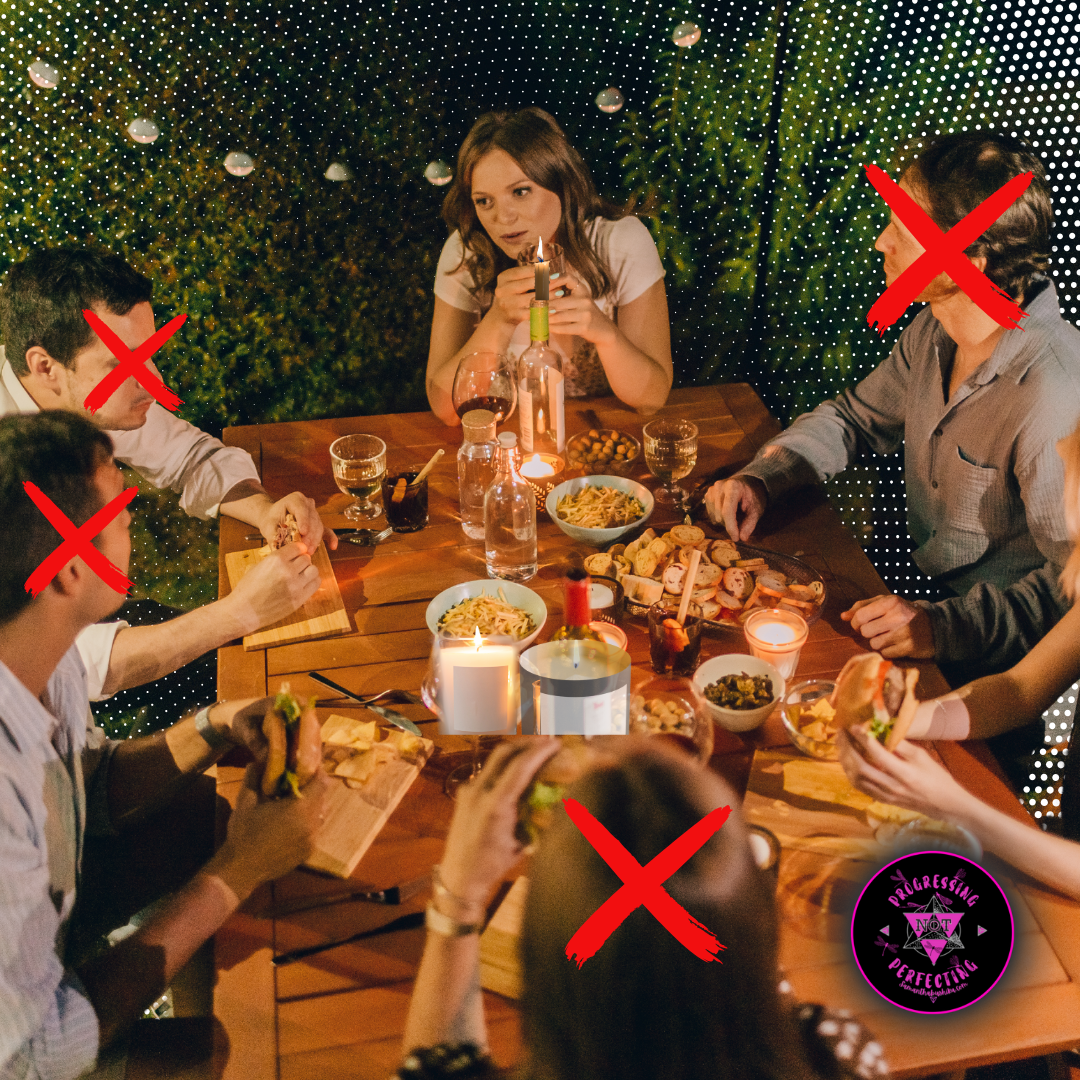
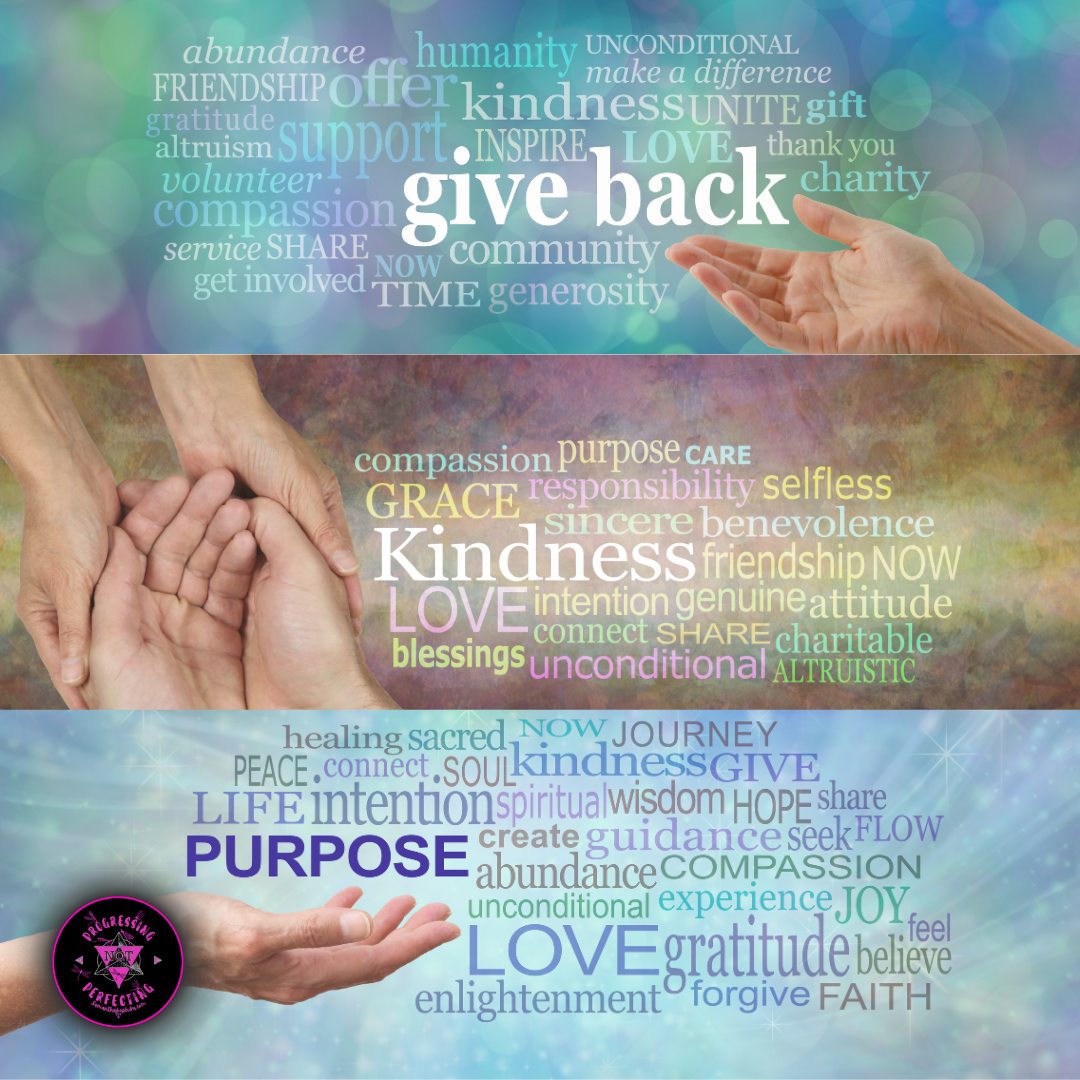

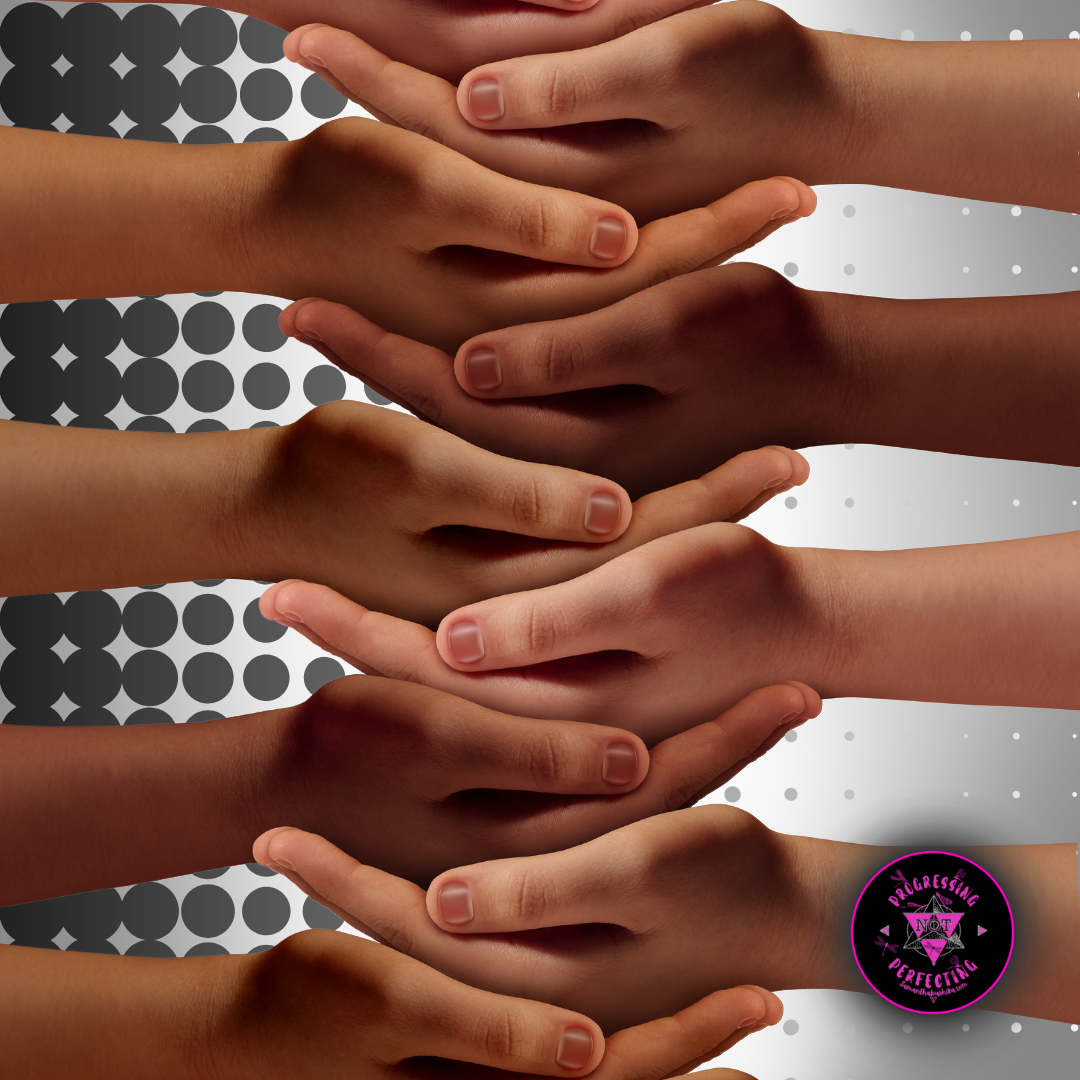
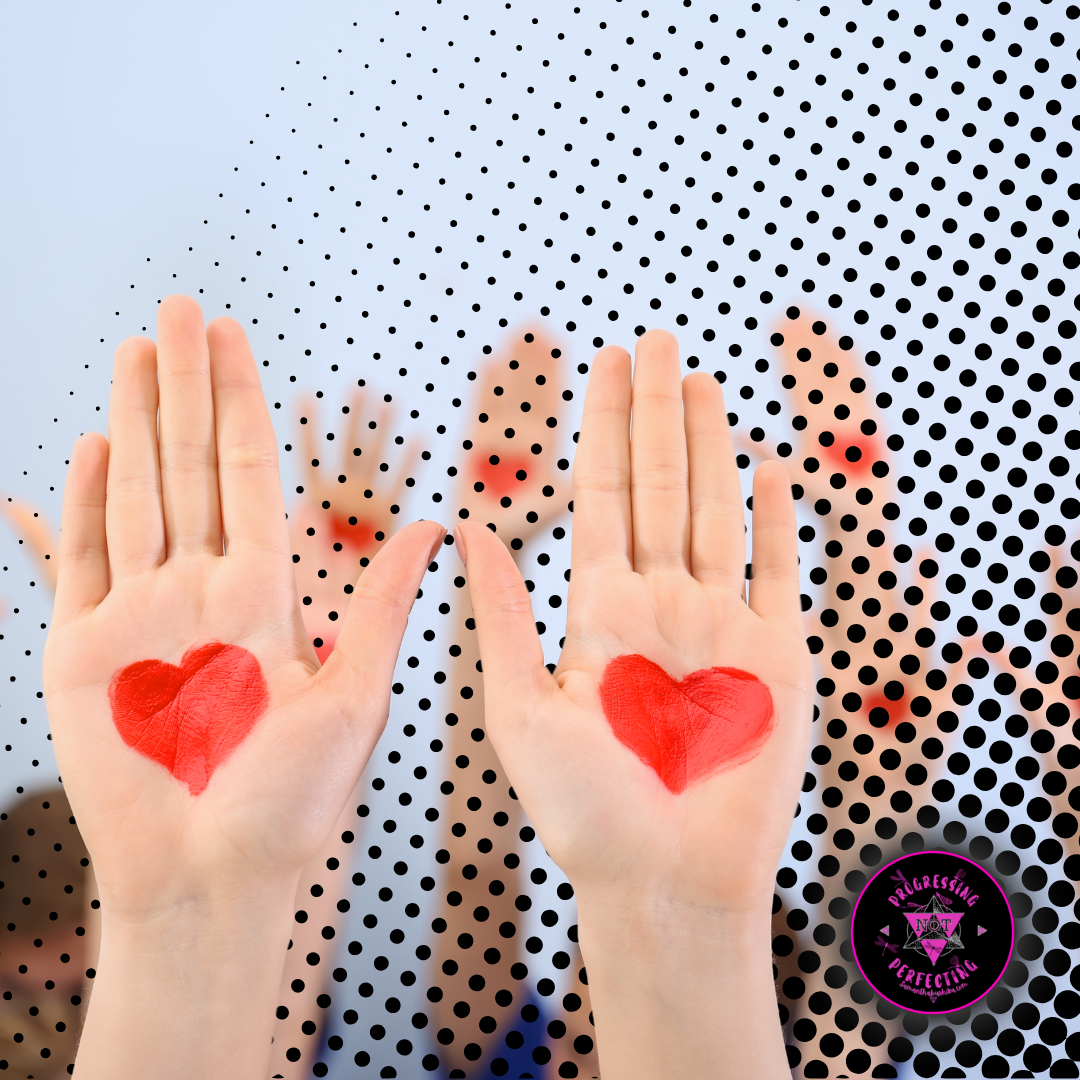
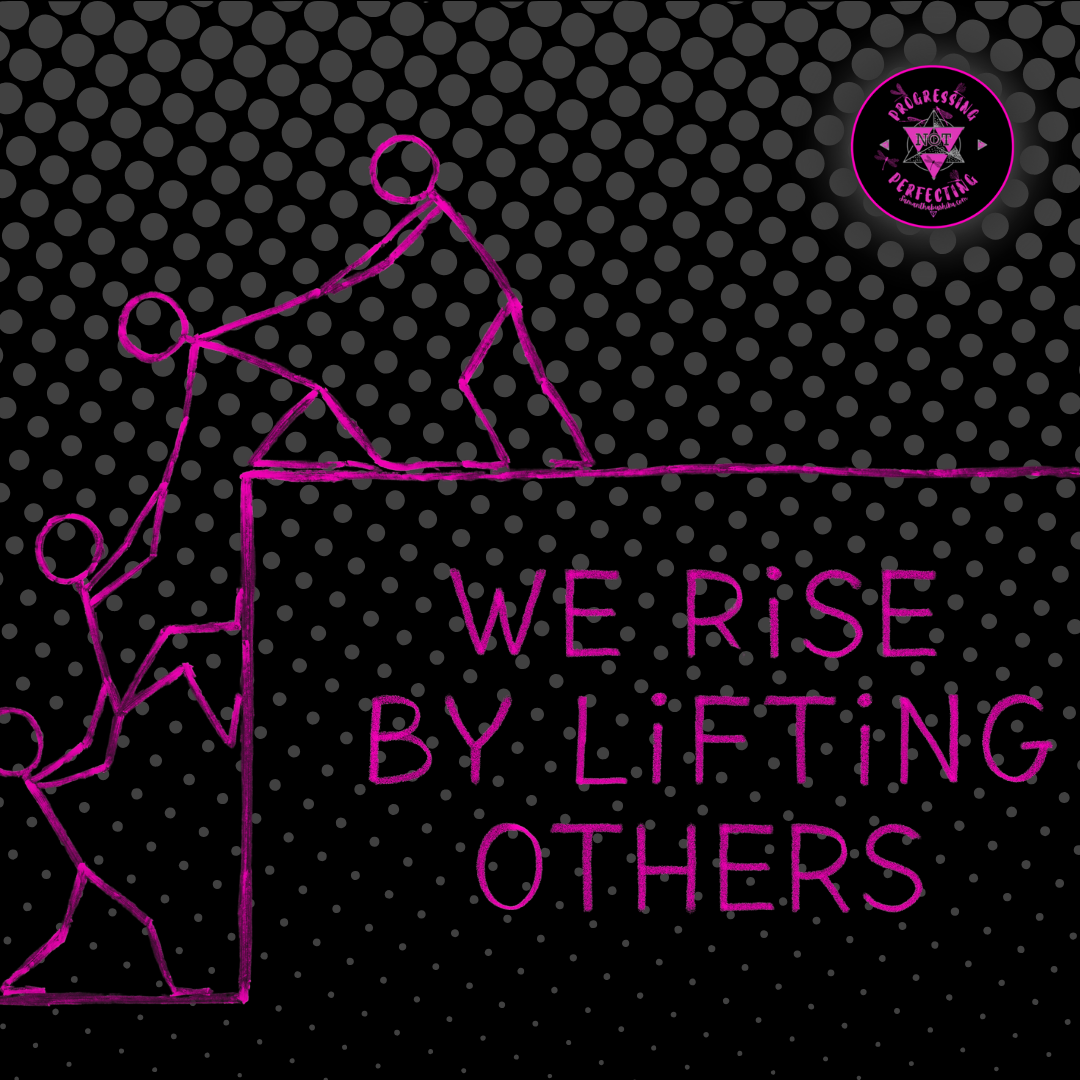
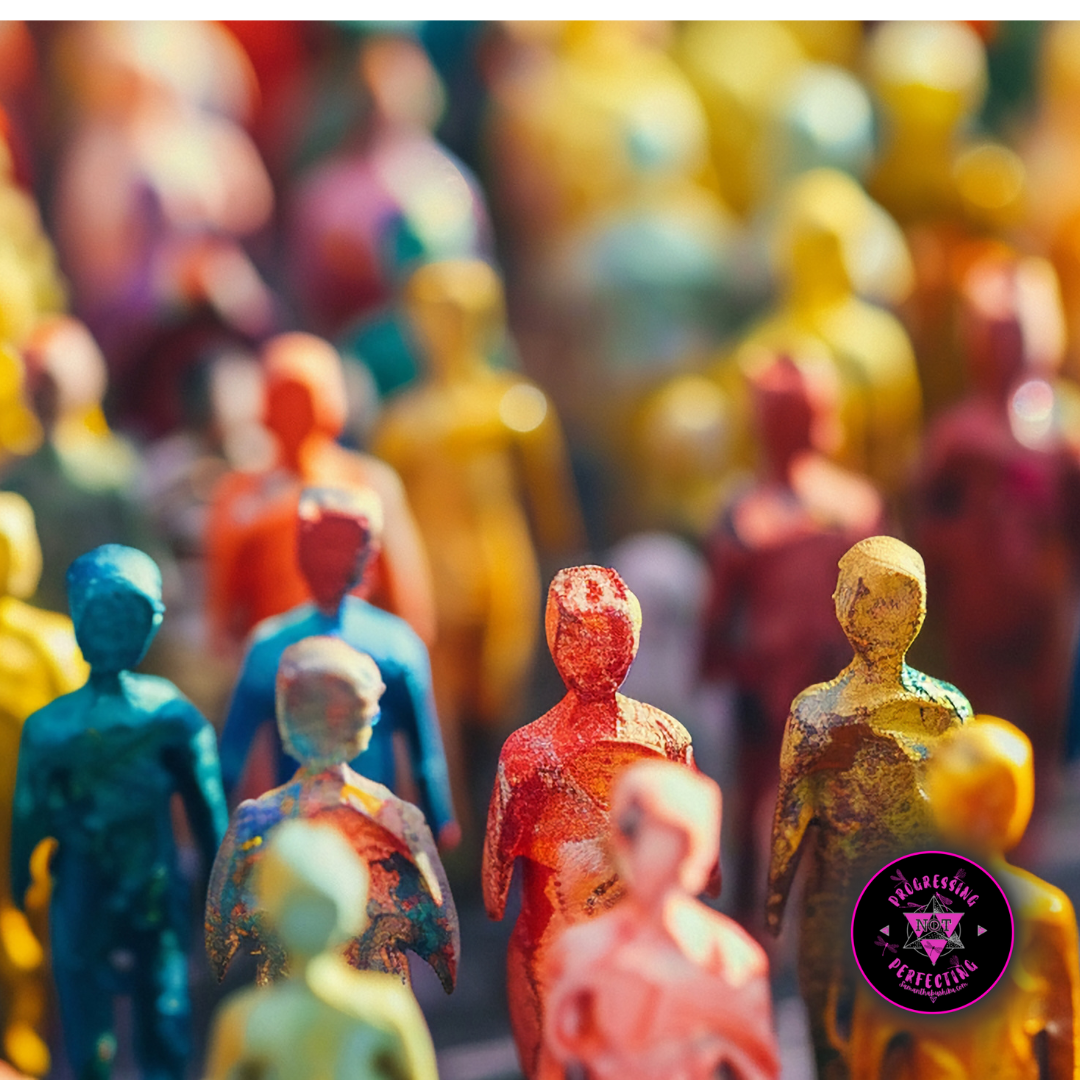
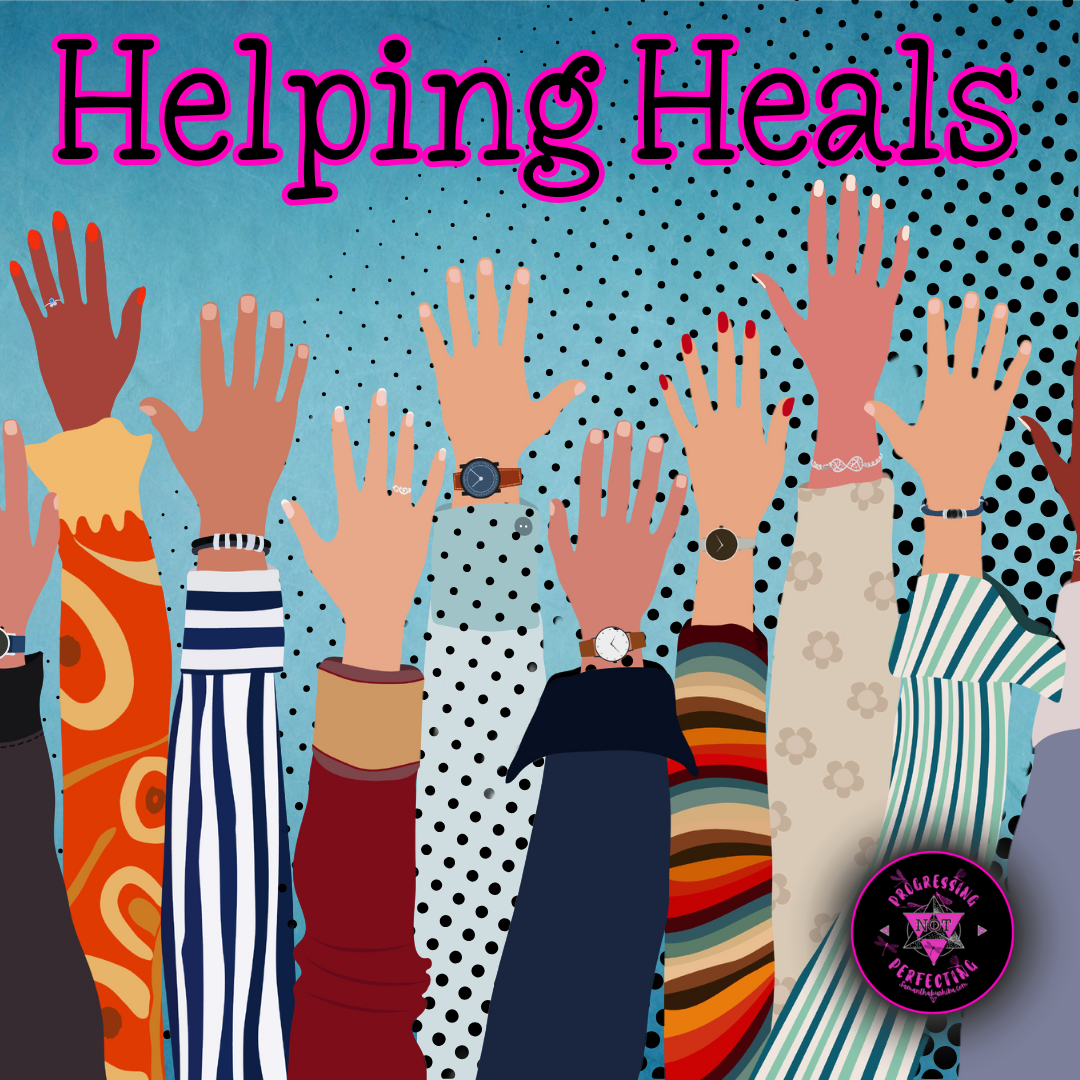
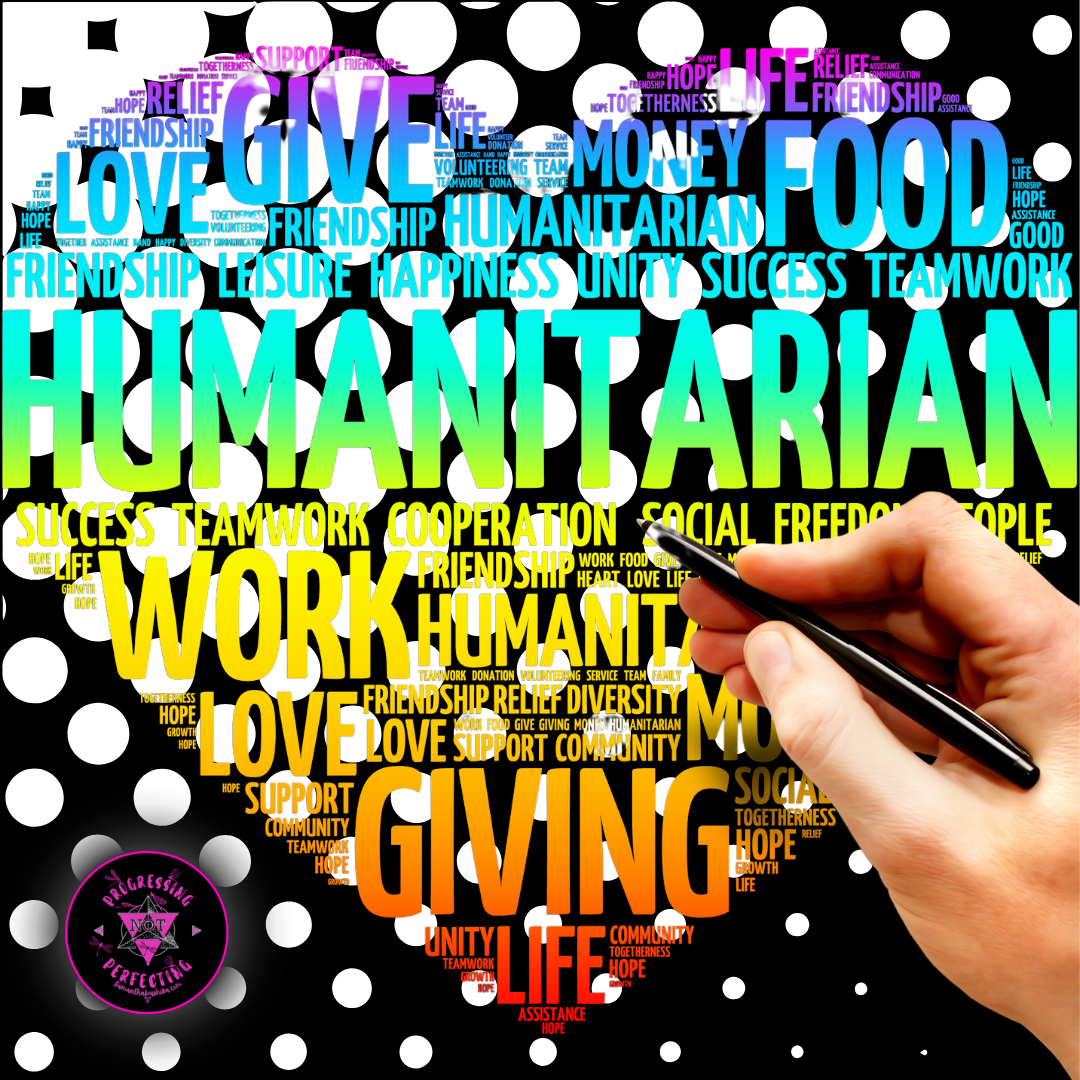
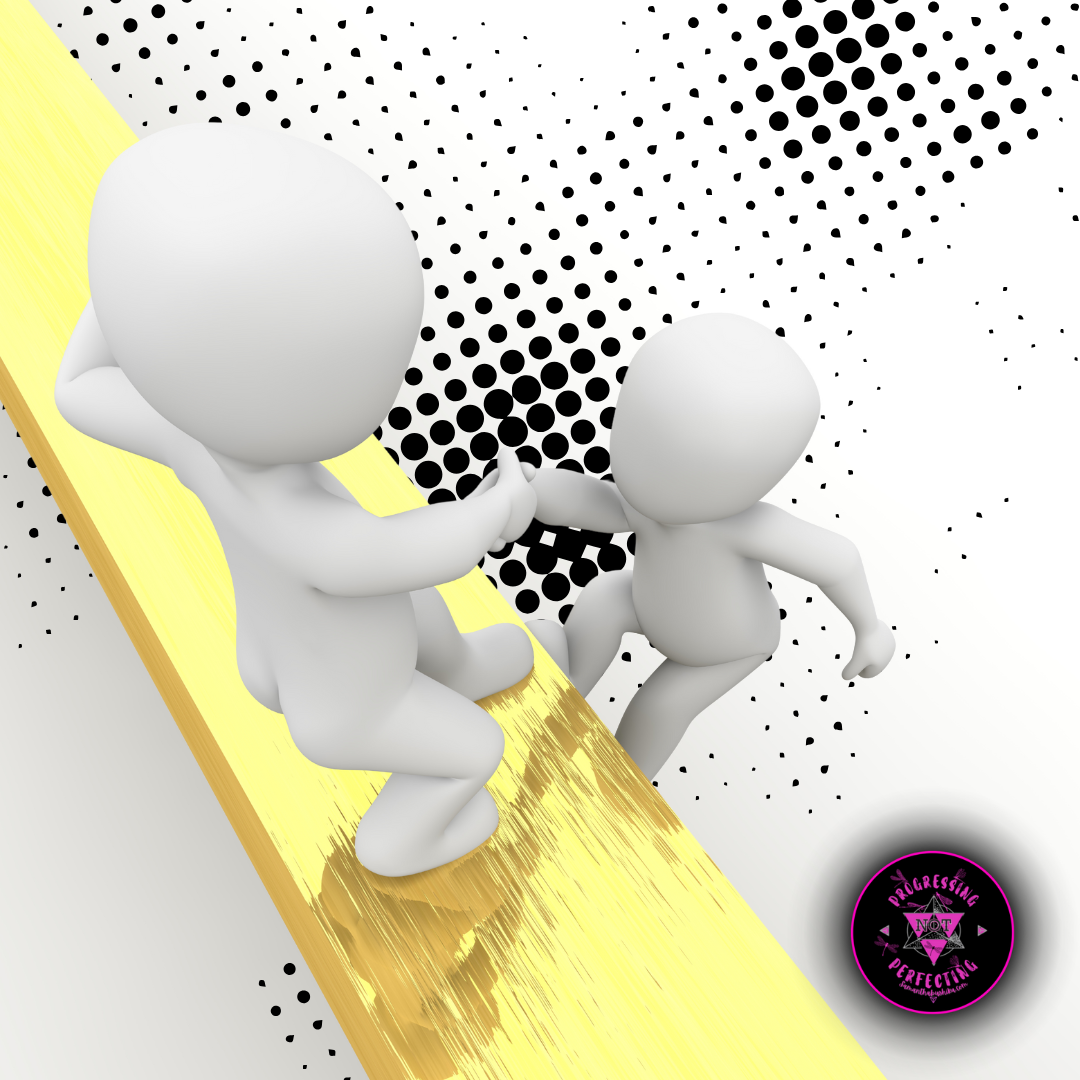




















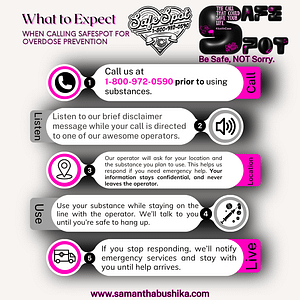


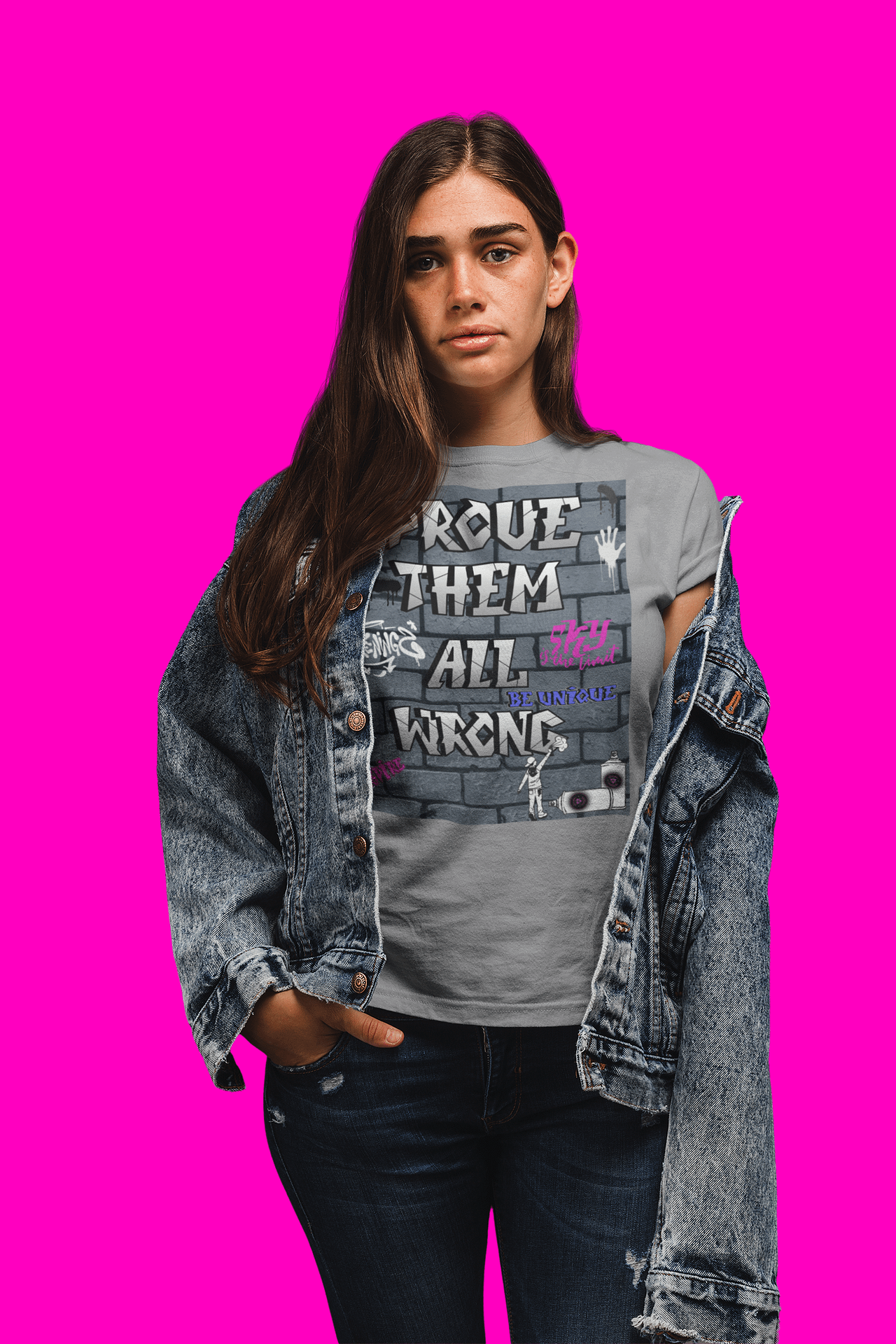

































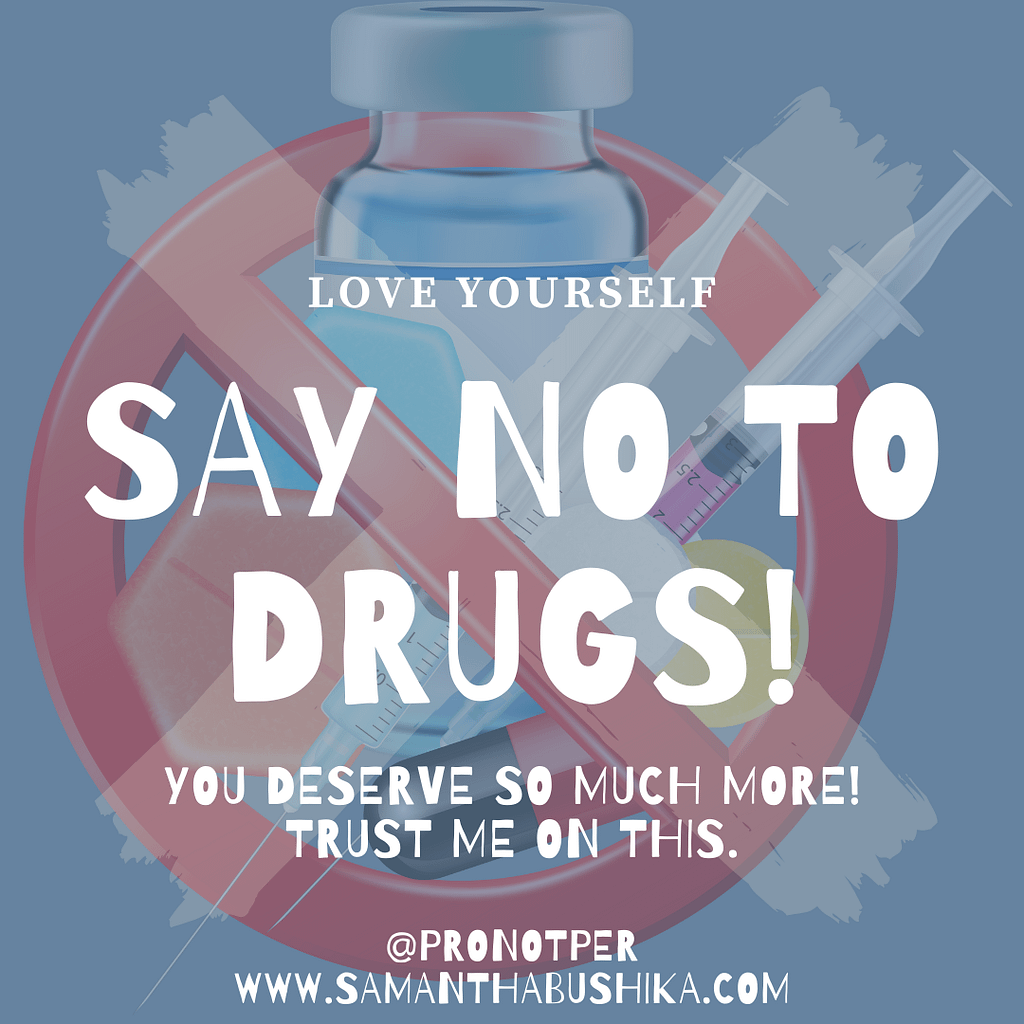
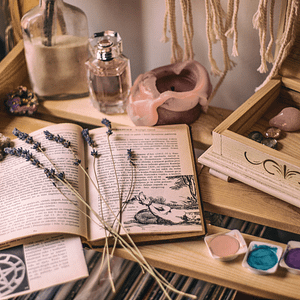
















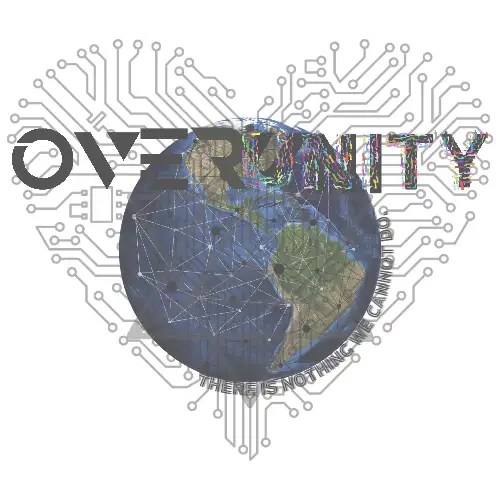


0 Comments